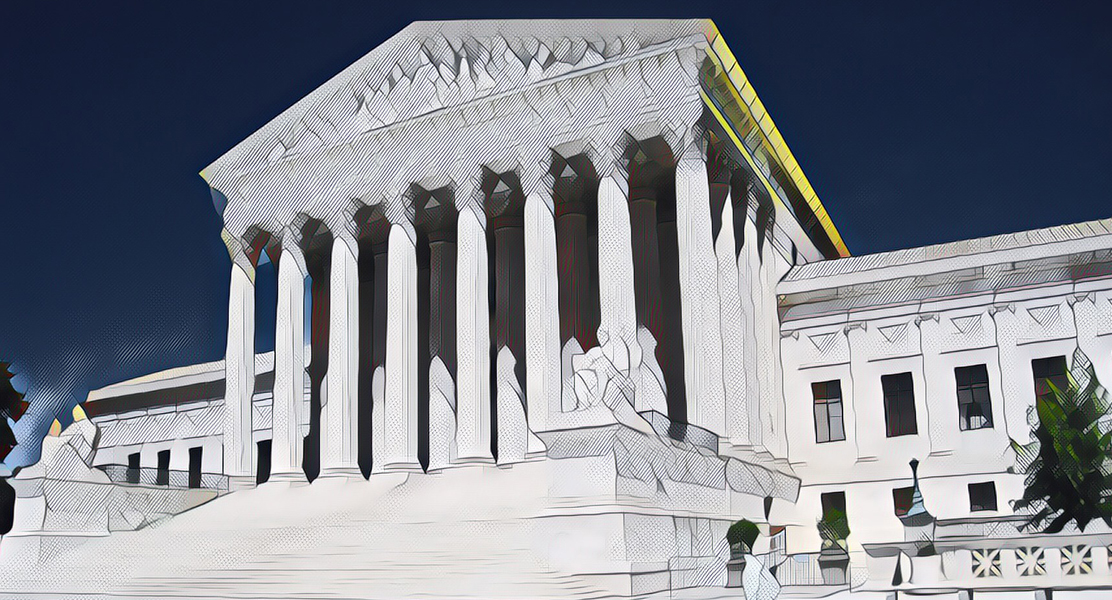Supreme Court agrees to revisit contraceptive mandate after courts halted Trump administration rule

Once again, the U.S. Supreme Court will hear arguments involving religious objections to the contraceptive coverage mandate in the Affordable Care Act. On Friday, the Court announced it would hear Little Sisters of the Poor v. Philadelphia and Trump v. Pennsylvania, both representing challenges to Trump administration rules that expanded eligibility for an exemption from the requirement to nearly all employers that claim a religious or moral objection.
The rules are currently halted after the 3rd U.S. Circuit Court of Appeals affirmed a nationwide injunction issued by the trial court. The appeals court held that the administration failed to follow proper administrative procedure and lacked the statutory authority to issue those regulations.
The administration, for its part, claims not only that the health care law authorized the broad exceptions but that the Religious Freedom Restoration Act (RFRA) requires it. A unanimous panel of the 3rd Circuit rejected that argument, emphasizing that the accommodation process leaves no substantial burden on the religious exercise of an objecting employer.
Here is an excerpt from that May 2019 ruling:
The religious objectors who oppose the Accommodation mechanism disapprove of “what follows from” filing the self-certification form, but under Free Exercise jurisprudence, we examine the conduct of the objector, not third parties. Here, through the Accommodation process, “the actual provision of contraceptive coverage is by a third party,” so any possible burden from the notification procedure is not substantial.
The Court previously considered the contraceptive coverage mandate in Hobby Lobby, in which the court held that RFRA applies to closely held corporations and requires the government to provide an accommodation from the contraception coverage mandate to such employers with a religious objection.
The mandate was also the subject of Zubik v. Burwell, a 2016 case questioning whether the accommodation process itself was a substantial burden on a religious organization’s free exercise. The court, which consisted of only eight justices at the time after the death of Justice Antonin Scalia, sent the case back to lower courts without addressing the substantive issue.
The Court is expected to hear the two consolidated cases challenging the Trump administration rules sometime in April, with a ruling by the end of June.




